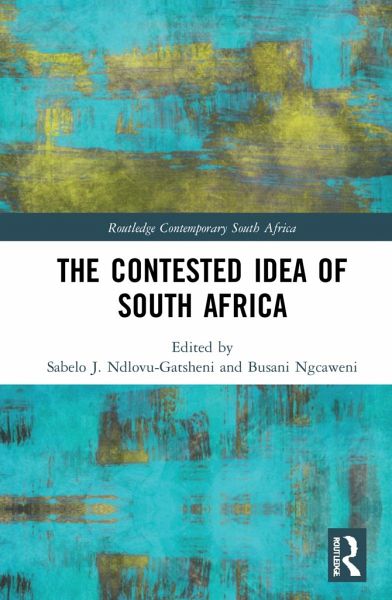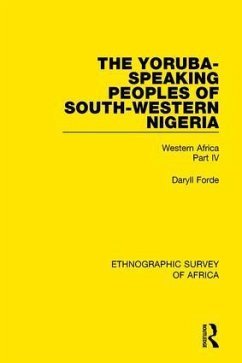
The Contested Idea of South Africa
Versandkostenfrei!
Versandfertig in 1-2 Wochen
168,99 €
inkl. MwSt.

PAYBACK Punkte
84 °P sammeln!
This book reflects on the complex and contested idea of South Africa, drawing on a wide range of disciplinary perspectives. The book covers themes including identity formation, modernity, race, indigeneity, autochthony, land, gender, intellectual traditions, language, popular culture, and national development planning.












